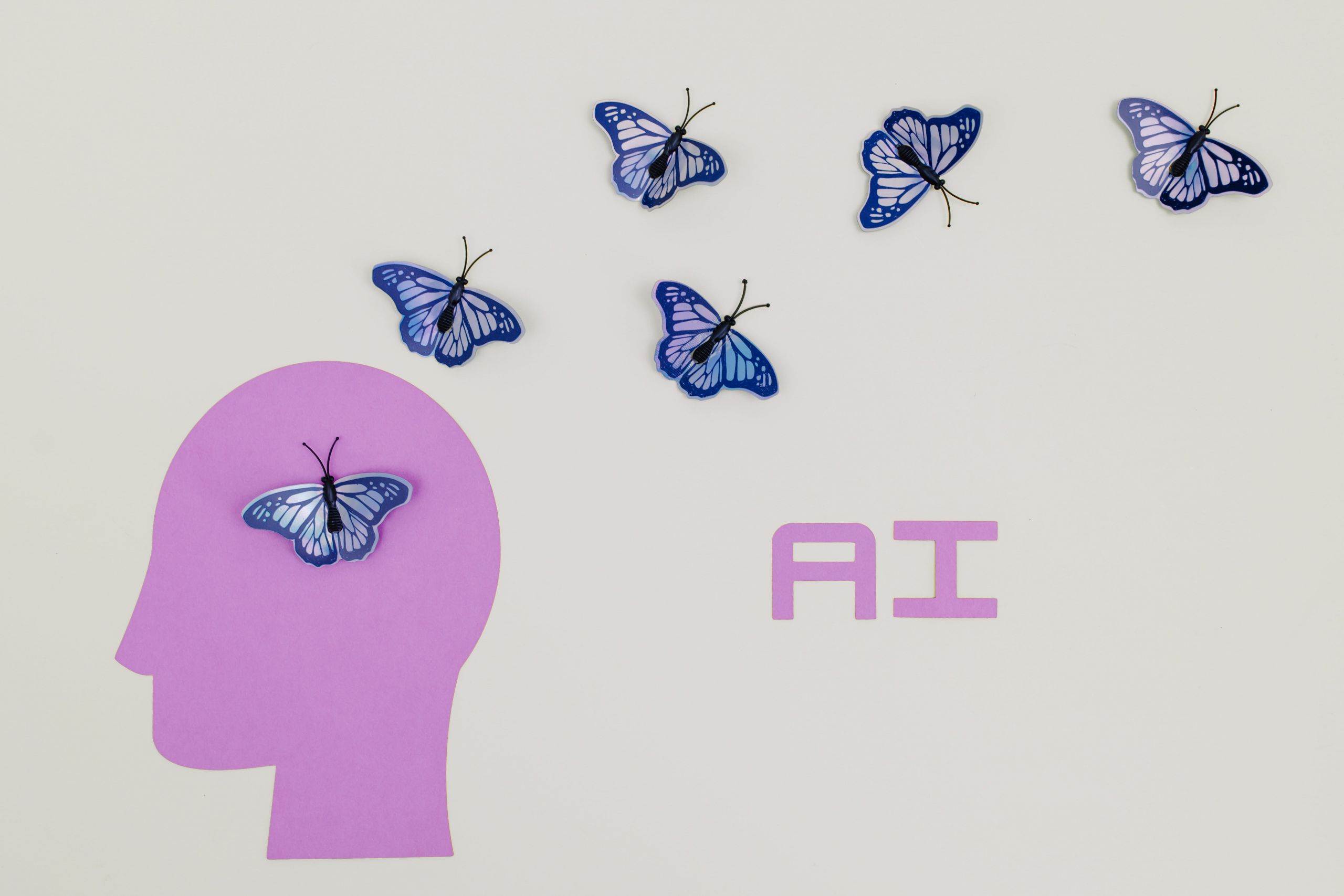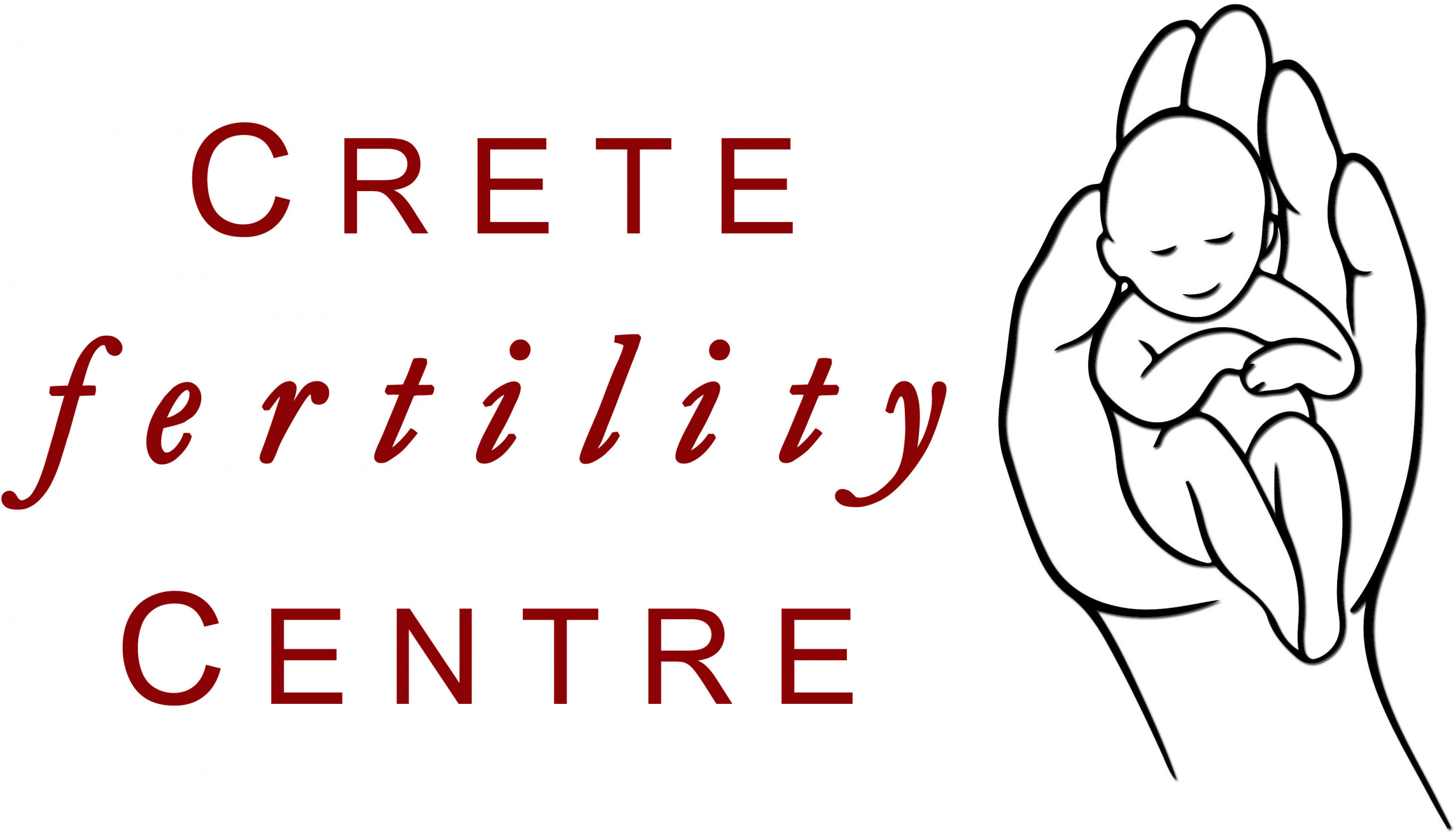Will IVF Change in the Future thanks to Artificial Intelligence?

AI in ART
A well-known chemist once said, “Nothing is lost, nothing is created, everything changes.” The same is true with artificial intelligence (AI); anything that it touches changes. The question of whether AI is useful in assisted reproductive technologies (ART) like it is in other industries thus emerges.
When it comes down to assisted reproduction, AI combined with the medical team of Crete Fertility Centre, who are supervised by Dr. Matthaios Fraidakis and his 30 years of experience, can ensure higher success rates to IVF patients.
IVF Market Growth
It is anticipated that the IVF market will expand globally by roughly 10% a year, from $638 million in 2021 to $987 million in 2026. The market is expected to grow due to a number of factors, including the age at which a woman becomes pregnant for the first time, declining fertility rates, the prevalence of male infertility, obesity, alcohol consumption, public awareness of infertility, and the development of several new treatment options.
How AI Enhances IVF Rates
The goal of the majority of research on both humans and animals has been to increase the success rate of ART; however, for ten years, the rate stayed virtually unchanged at 30%. AI, one of the greatest discoveries made by humans in the twenty-first century, can increase the success rate of IVF. Artificial intelligence (AI) in medicine mimics human intelligence in a variety of tasks, including managing medical records and other data, carrying out repetitive tasks, creating treatments, offering virtual nursing, administering medication, creating drugs, applying precision medicine, and monitoring and analyzing patient health. Artificial intelligence (AI) has the potential to surpass doctors and assist them in disease prognosis and diagnosis more quickly, accurately, and effectively.
AI: Connecting Technology and Reproductive Medicine
Reproductive medicine combines the fields of clinical medicine and laboratory-based embryology, while artificial intelligence serves as the interface between people and computers. Through computer algorithms, the use of AI has the potential to put doctors and patients at a distance. Repro-AI is an interdisciplinary technology that advances the use of artificial intelligence (AI) in the diagnosis and treatment of infertility by bringing together the fields of mathematical sciences and reproductive medicine.
It has taken a while for the advantages of new technologies to be realized and applied in people’s daily lives in many research fields, particularly in the field of physics. Repro-AI does, however, yield noticeable benefits more quickly. Repro-AI’s effectiveness depends on its ongoing development and application of potent technologies like single-step culture, automated time-lapse imaging, integrated digital and laboratory health data, and environmental system monitoring. Some of these technologies, like “laboratory on a chip” (IVF, ICSI, biopsy, and freezing of embryo on fine chamber) and “do-it-yourself” (DIY) IVF cycles, should hopefully become available soon.
AI implementation in IVF Clinics
Artificial intelligence (AI) is spreading so quickly in the reproductive sciences that it is now used for a wide range of IVF clinic procedures, from determining a couple’s fertility to determining the success rate of IVF cycles. To correctly grade and choose the best embryos, high-resolution image processing has been developed to interpret and analyze embryo quality. Thus, for a synchronized dialogue between uterus and embryo, the rate of implantation potential, ongoing pregnancy, and endometrial receptivity would be highest.
Automation and Efficiency with AI
Managing massive volumes of treatment data, tests, equipment, and consumables used in various departments, such as clinics, laboratories, operation rooms, consultation rooms, etc., is one of the many challenges that an IVF clinic must overcome. When it comes to intelligently managing all necessary information without the need for paper, artificial intelligence (AI) and machine learning (ML) are far more effective than human labor.
One of the most significant advantages of AI is automation, which raises efficiency and productivity. AI in the embryology lab may contribute to improved patient, staff, gamete, and embryo safety. Furthermore, dull, laborious, manual, and time-consuming processes like embryo grading, semen analysis, embryo and oocyte cryopreservation, quality control, and quality assurance can be automated and eliminated to standardize the treatment of infertility. The best use of culture media, chemicals, and plasticware can be achieved in embryo culture systems with the help of artificial intelligence-based robots and microfluidic systems.
Humans and AI in Embryology
The laborious and time-consuming work of the embryology lab takes up a lot of an embryologist’s time these days, keeping them from concentrating on more crucial duties like embryo biopsy and intracytoplasmic sperm injection (ICSI), as well as training new and junior staff members. Sadly, there is a global scarcity of qualified and experienced embryologists, and obtaining the necessary training under the guidance of seasoned senior embryologists or lab supervisors takes a significant amount of time and effort.
How the Future is Shaping and Ethical Considerations
Even though the IVF industry has advanced significantly over the last 40 years, the infertility treatment sector will see tremendous growth if innovators and users of Repro-AI technologies, academic institutions, government agencies, and professional associations adopt a common approach. Patients who are infertile will eventually benefit quickly and safely from the Repro-AI. Although artificial intelligence (AI) is already being used extensively in the field of embryology, its application to other areas of reproductive medicine is expected to grow in the near future. The efficiency and speed of diagnosis and treatment of all reproductive disorders will surely increase with widespread use of AI for accurate assessment of infertile couples’ characteristics, including age, endocrine status, ovarian reserve, spermatogenesis status, and sperm parameters. Leading physicist Stephen Hawking is one of the opponents and critics of artificial intelligence (AI), despite extensive reports about AI’s promising and expanding future in all spheres of human life. Hawking cautioned that “The development of full artificial intelligence could spell the end of the human race… It would take off by itself and keep redesigning itself at an accelerated pace. Due to their slow biological evolution, humans would eventually become extinct because they couldn’t compete.
Concluding Thoughts
In conclusion, there is a great deal of hope that artificial intelligence (AI) can change and improve all facets of human life, including medicine and, in particular, issues pertaining to infertility. This is despite the benefits and criticisms of AI. The current difficulty with AI is that it uses various techniques and algorithms on various platforms. As a result, the population or clinic for which the platform is intended is currently the only one for which AI algorithms are generally applicable. Put differently, the bare minimum requirements for its implementation have not yet been established in order to implement the technology for the entire community. As a result, even though AI is producing results that are satisfactory right now, it is still necessary to exercise caution when utilizing the technology and to wait for further advancements. Maybe later on, technology will show us that AI was just another advance developed by technologists, and maybe it would be wiser for people to work hard to become more intelligent rather than relying solely on artificial intelligence.





